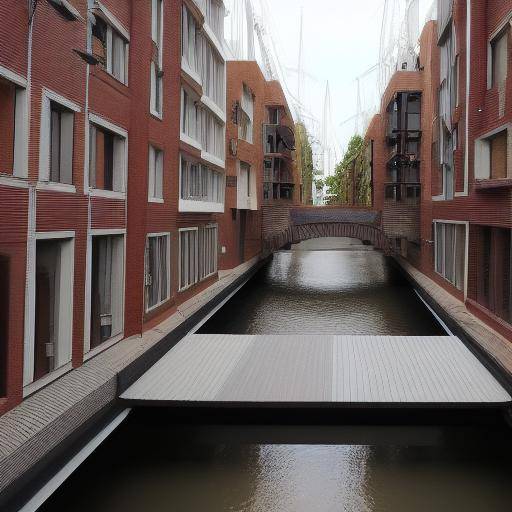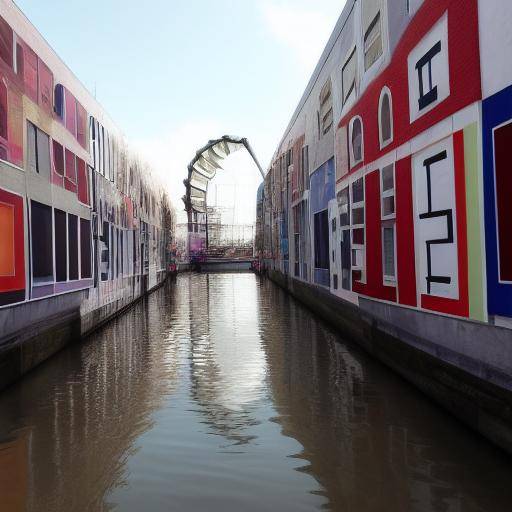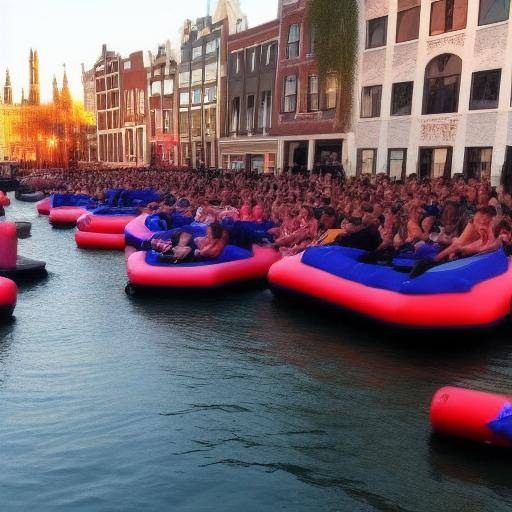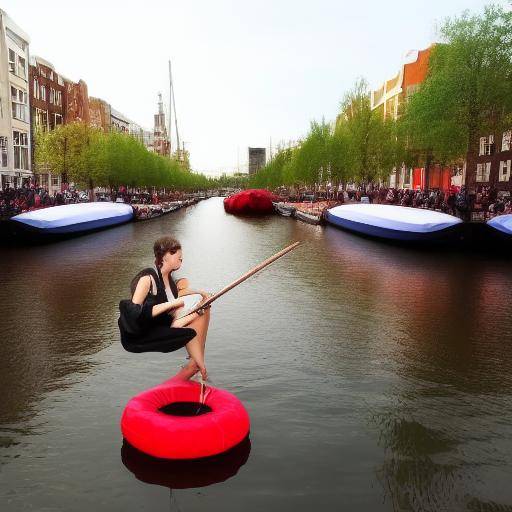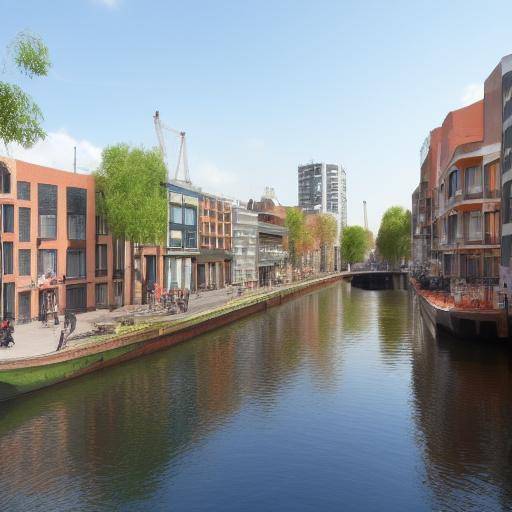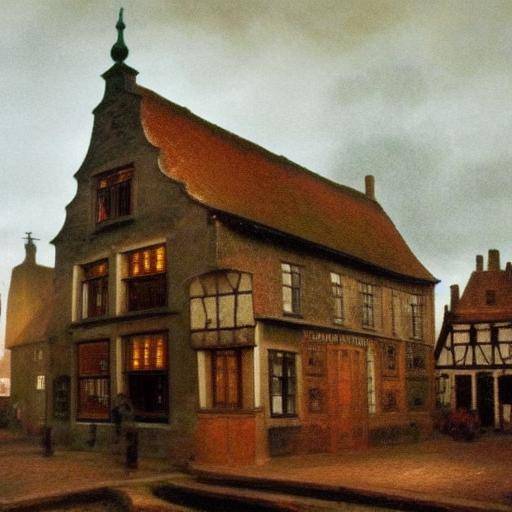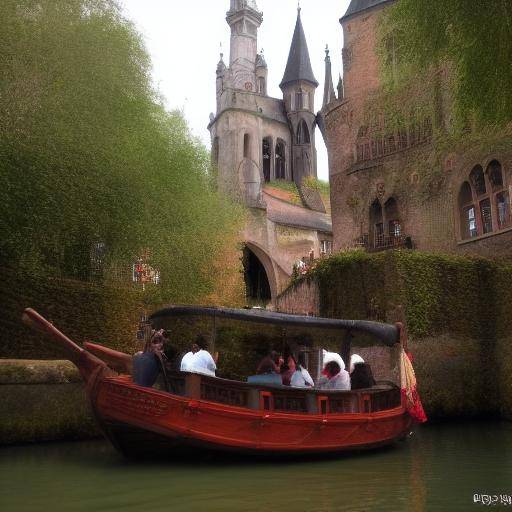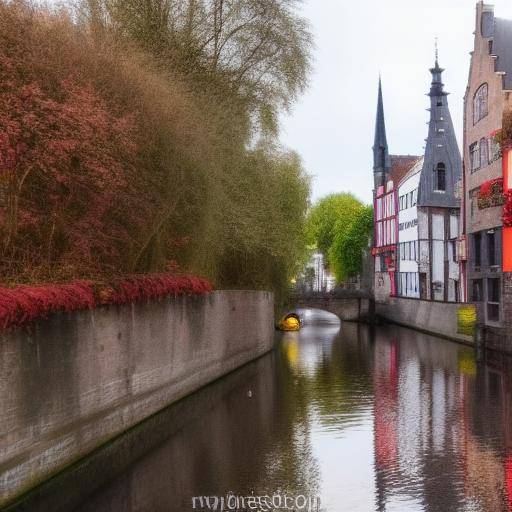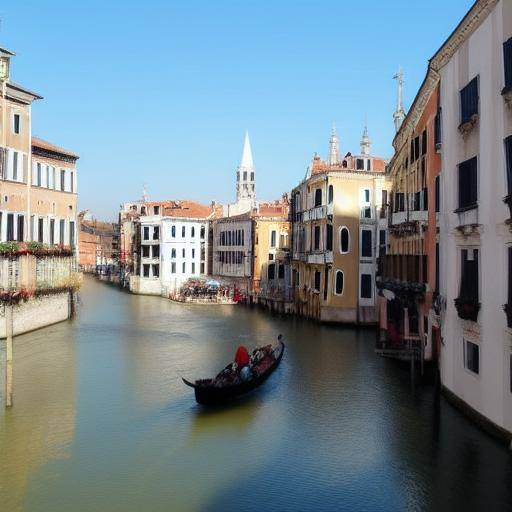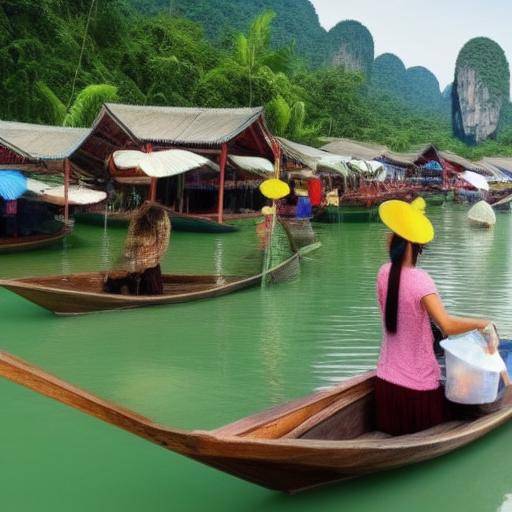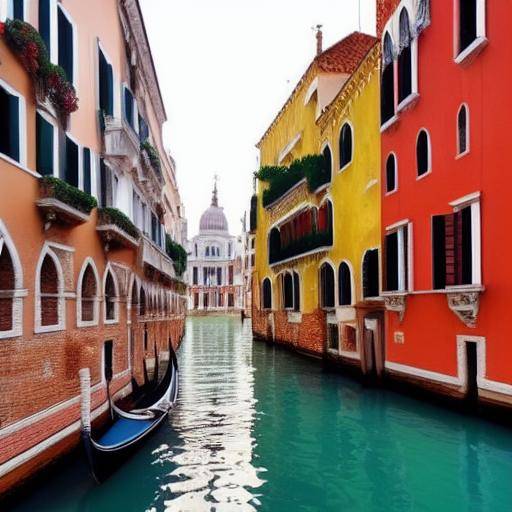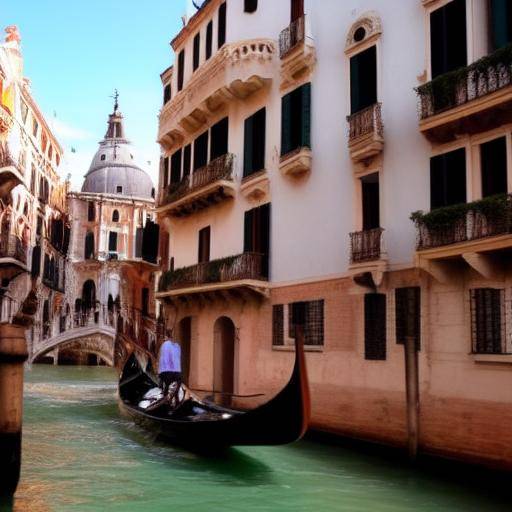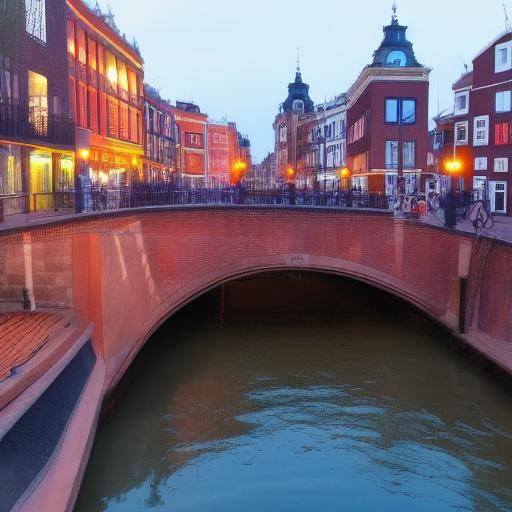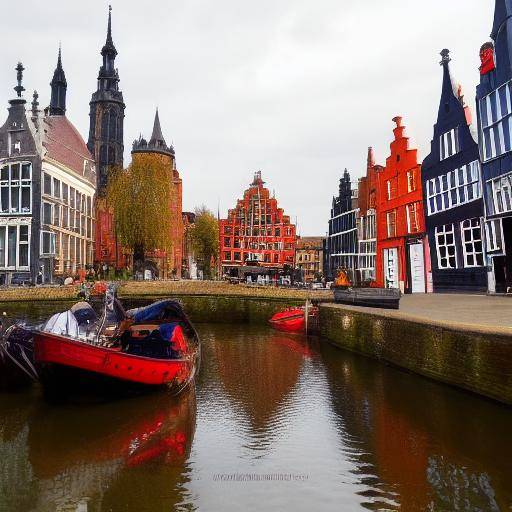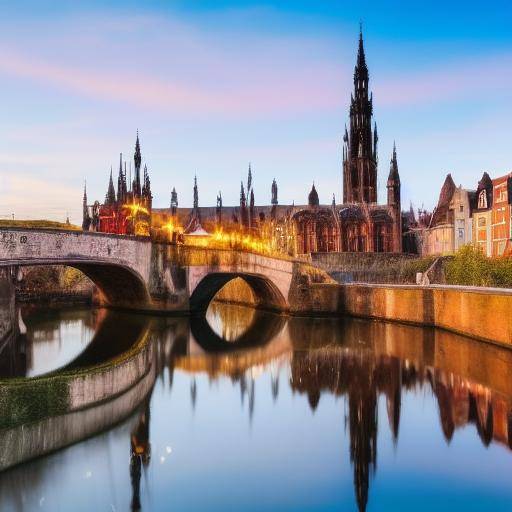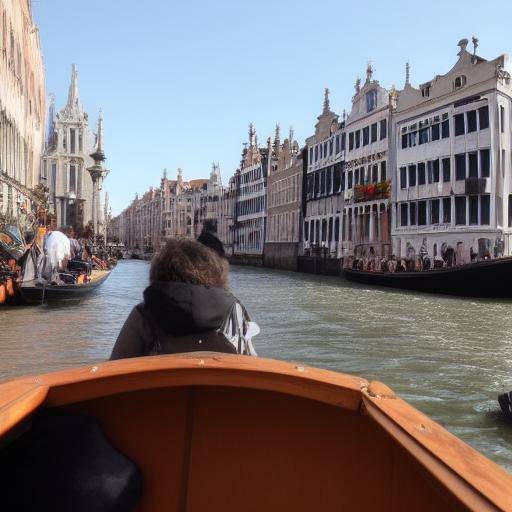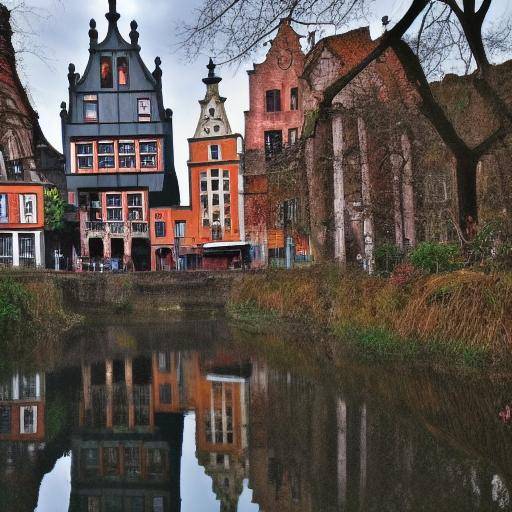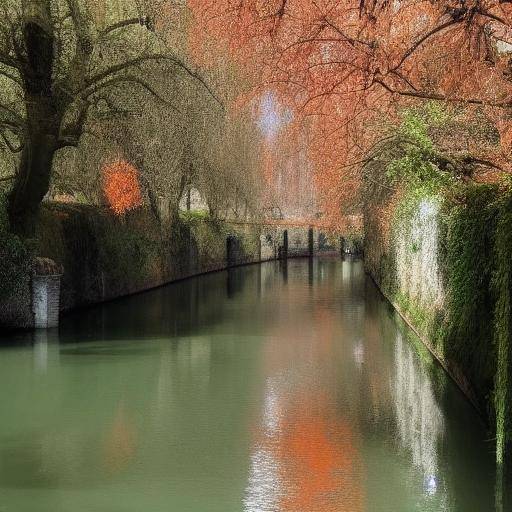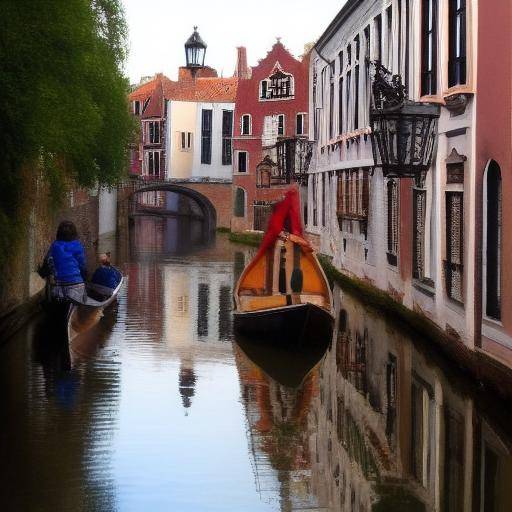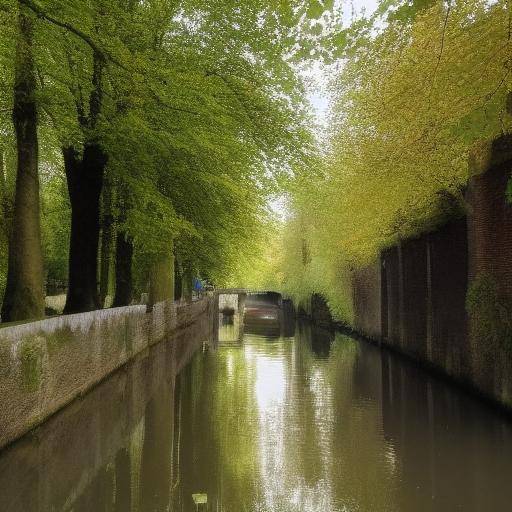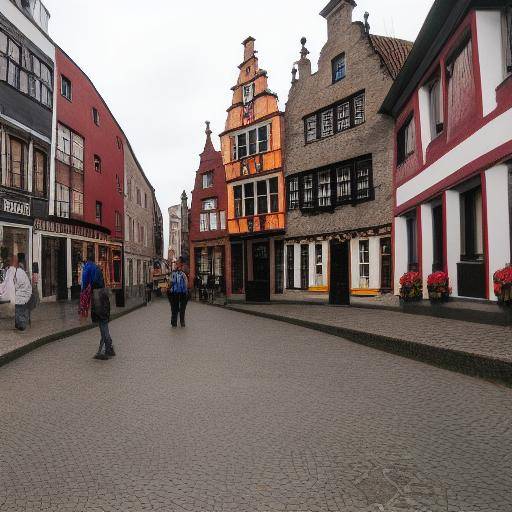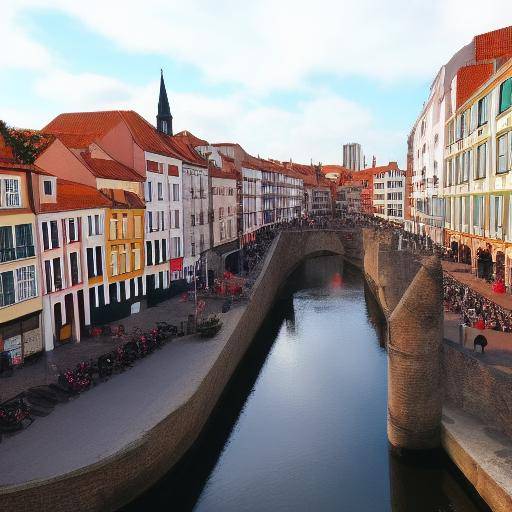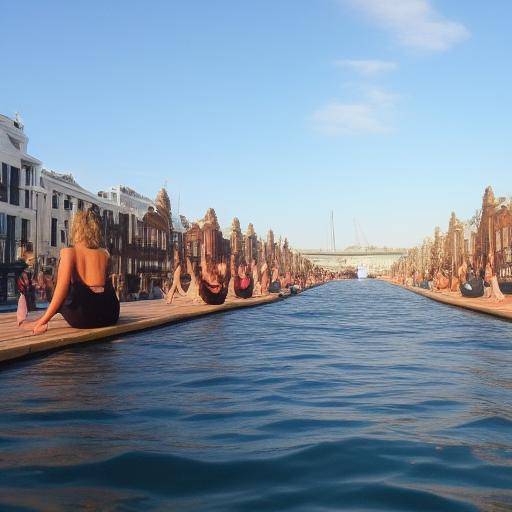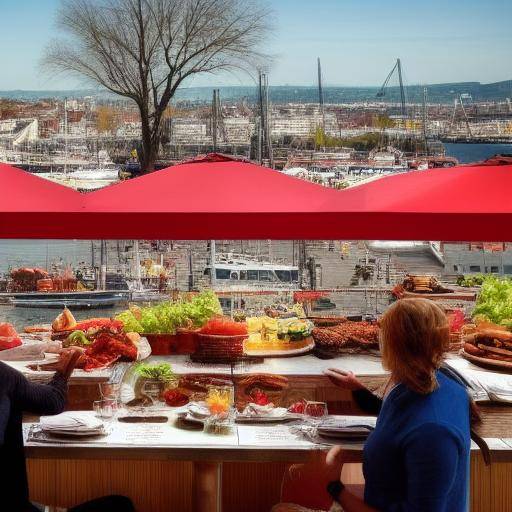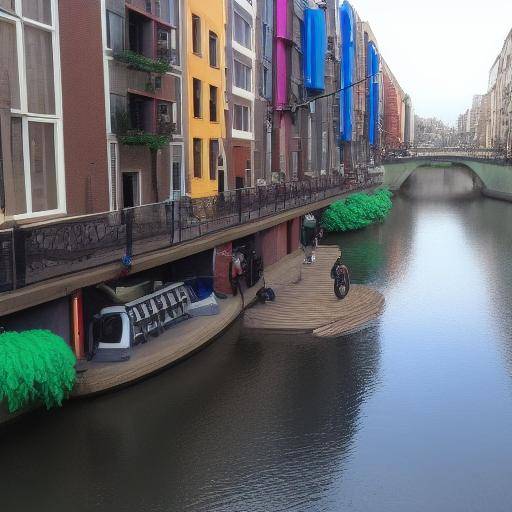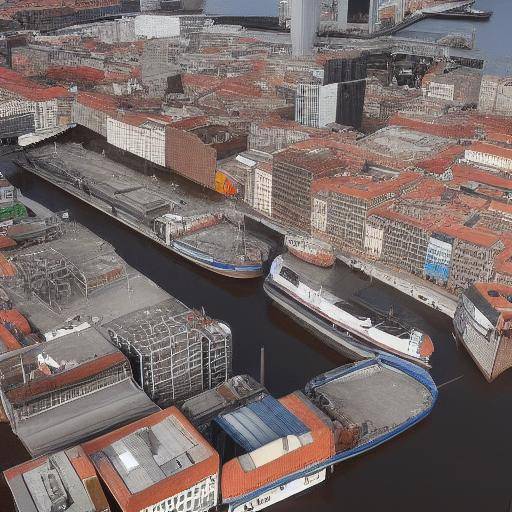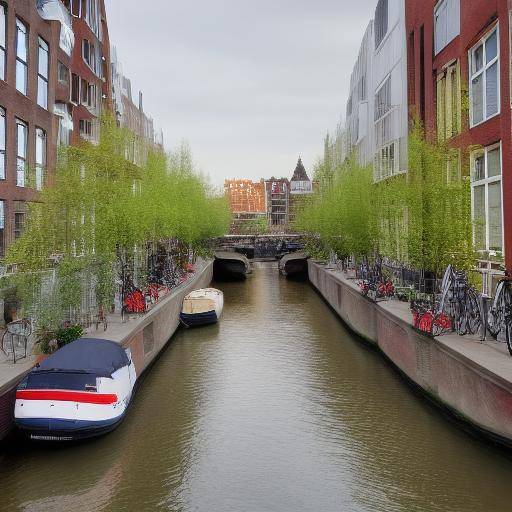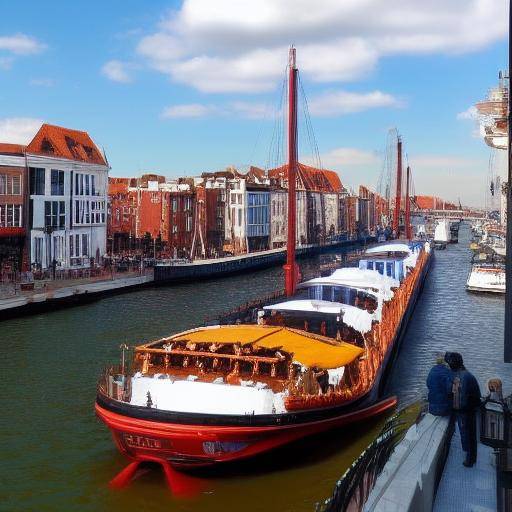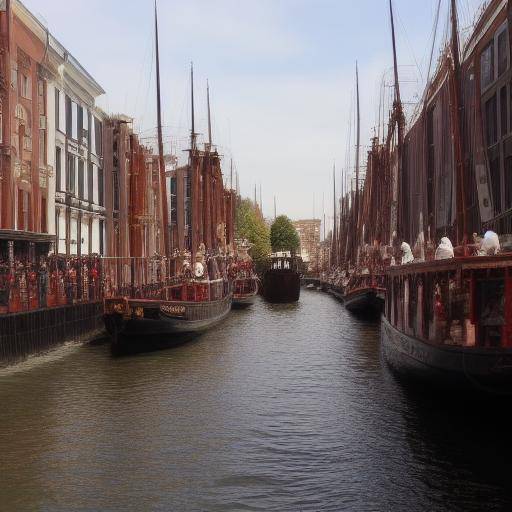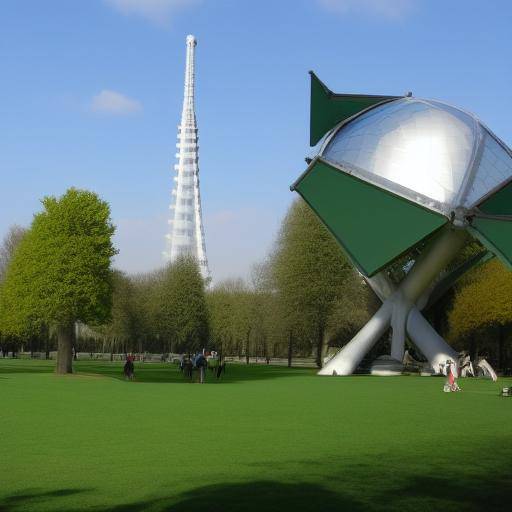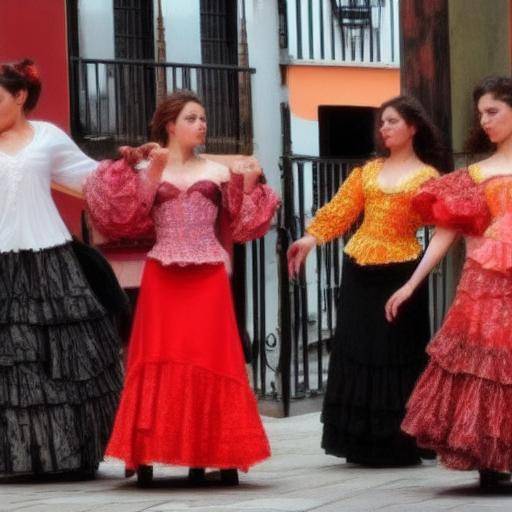
Introduction
From its iconic channels to its rich history and culture, Bruges, Belgium, is a city that captures the imagination and heart of its visitors. In this article, we will explore the importance of the channels in the daily life and the fascinating history of this Flemish city. From its historical origins to current trends, you will discover how the channels have shaped the unique identity of Bruges. In addition, we will provide you with practical advice, expert opinions, and comparative analysis to get a deep understanding of this charming place and its distinctive aquatic landscape.
History and Background
Bruges is known for its channels, which have been an integral part of its history and development. From its founding in the 9th century to its time of splendor in the 14th century as a European shopping centre, the canals played a crucial role in the boom of the city. During the Middle Ages, the connection of Bruges with the North Sea through its channels provided access to important trade routes, making it an important center of commerce and culture. Although the economic boom slowed over time, the canals remained a central element in the life of the city and a fundamental component of its charm.
Deep analysis
The channels not only tell the story of Bruges, but also define the daily lives of its inhabitants and visitors. Today, the canals offer a beautiful landscape and a unique way to experience the city. Boat rides through the canals are a popular tourist attraction, giving visitors the opportunity to appreciate the historical architecture and charming urban landscapes from a unique perspective. In addition, channels continue to play a role in mobility and transportation, as well as in the preservation of the cultural and natural heritage of the city.
Comprehensive review
Bruges channels have become an iconic example of the importance of preserving historical and natural heritage in an urban environment. Channel maintenance, cleaning, and water traffic management are important challenges facing the city, but they also represent opportunities for innovation and sustainable development. The conservation and revitalization efforts of the canals are inspiring examples of how cities can balance historical preservation with modern demands.
Comparative analysis
By comparing Bruges with other cities famous for their canals, such as Amsterdam or Venice, there are similarities and interesting differences. While Amsterdam is known for its lively and modern atmosphere, and Venice for its romanticism and artistic heritage, Bruges offers a unique combination of medieval charm and natural beauty. Each city has developed a unique relationship with its channels, demonstrating the diversity of experiences that this special environment can offer.
Practical Tips and Accessible Recommendations
If you are planning to visit Bruges, we recommend exploring the city by boat to enjoy a unique and picturesque view of the canals. In addition, we encourage you to investigate the history and role of the canals in the life of the city before your visit, so that you can fully appreciate its importance and beauty while exploring its winding waterways.
Perceptions of Industry and Expert Reviews
Experts on urban conservation and landscape planning recognize the importance of Bruges' canals as a cultural and natural treasure. His views offer valuable insights on how cities can preserve and promote similar environments, both in terms of historical conservation and tourist attraction.
Case Studies and Real World Applications
Several outstanding examples illustrate the continued importance of channels for daily life and the history of Bruges. From the restoration of historical buildings bordering the canals to the promotion of biodiversity in urban aquatic environments, these real cases show the diversity of ways in which the channels influence the life and development of the city.
Future Trends and Predictions
As cities seek innovative ways of integrating heritage conservation with sustainable urban development, channels are likely to continue to play a leading role in urban planning and tourism. Current trends suggest a renewed interest in promoting urban aquatic environments as key multifunctional spaces, which could lead to new opportunities for the preservation and enjoyment of the Bruges channels.
Conclusion
Bruges channels are much more than just a tourist attraction: they are an integral part of the history and identity of the city. From its role in the medieval boom to its contemporary importance as a distinctive urban landscape, Bruges' channels continue to play a crucial role in everyday life and the city's attractiveness. In understanding its history, challenges and future potential, we can fully appreciate its value and beauty, both for the inhabitants of the city and for the visitors.
Frequently asked questions
**1. Why are the channels so important to Bruges' identity?**Bruges' channels have been crucially important in their history, facilitating trade and connection with the outside world, and remain a distinctive feature of the city to this day. Their unique preservation and beauty make them an essential element of the identity of the city.
**2. How have the channels evolved throughout the history of Bruges?**Initially designed for commercial purposes, the Bruges channels have become a prominent tourist attraction, while they also continue to play a functional role in the mobility and conservation of heritage.
**3. What challenges are the Bruges channels facing today?**The challenges include maintenance, water traffic management and the preservation of water quality, as well as the pressure related to tourism and urban development, which requires a delicate balance to preserve the historical authenticity of the channels.
**4. How do Bruges channels compare to other famous urban aquatic systems?**Bruges offers a unique experience due to its combination of well-preserved historical heritage and natural beauty, while cities like Amsterdam and Venice have their own charm and cultural particularities in relation to their respective canal systems.
**5. What are the future opportunities for the Bruges channels?**Opportunities include the integration of sustainable development initiatives, the promotion of conscious tourism and the preservation of urban biodiversity, which could further enrich the life of the city and its attractiveness as a destination.
**6. How can I fully experience Bruges' channels during my visit?**Embed in a relaxing boat ride through the canals to admire the historical architecture and beautiful urban landscapes from a unique perspective, and consider informing you previously about the history of the channels to contextualize your experience.
With such a significant role in Bruges' history and life, the channels deserve to be appreciated in all their greatness and complexity. In understanding its historical importance, contemporary challenges and future potential, we can fully embrace the unique legacy that this charming Flemish city provides. Enjoying Bruges channels is immersed in an experience that transcends the mere tourism, offering an authentic connection with the history and identity of the city.

